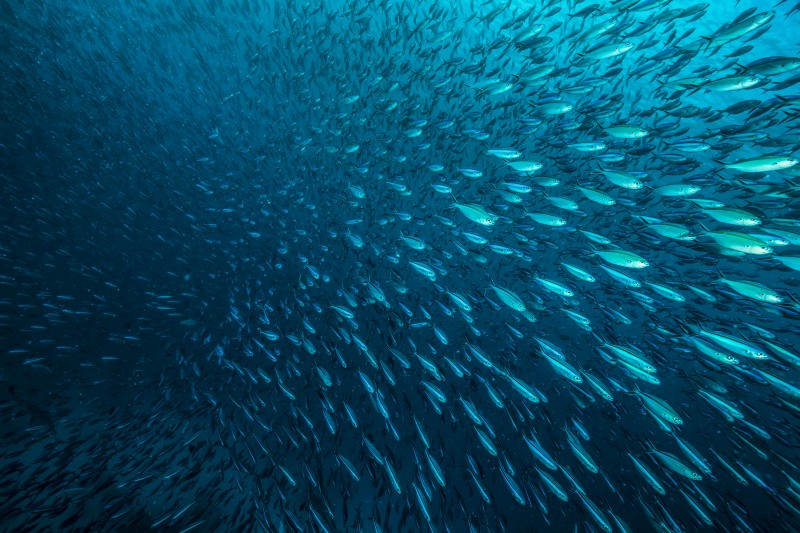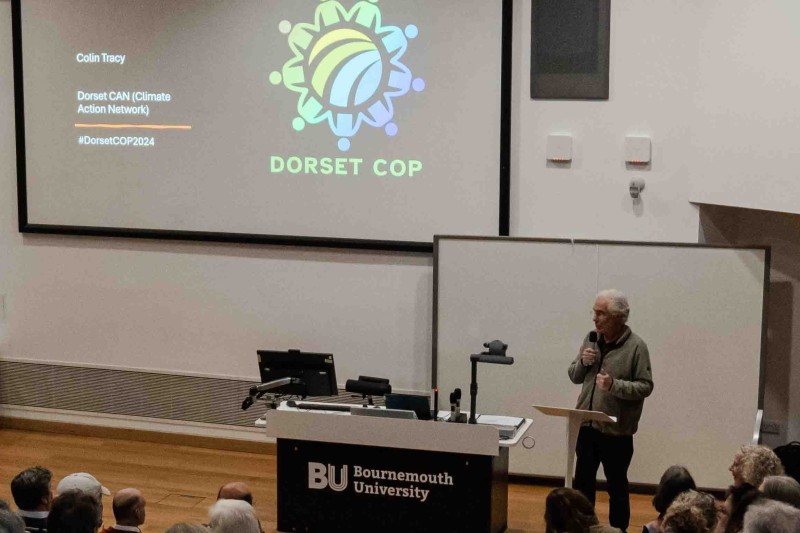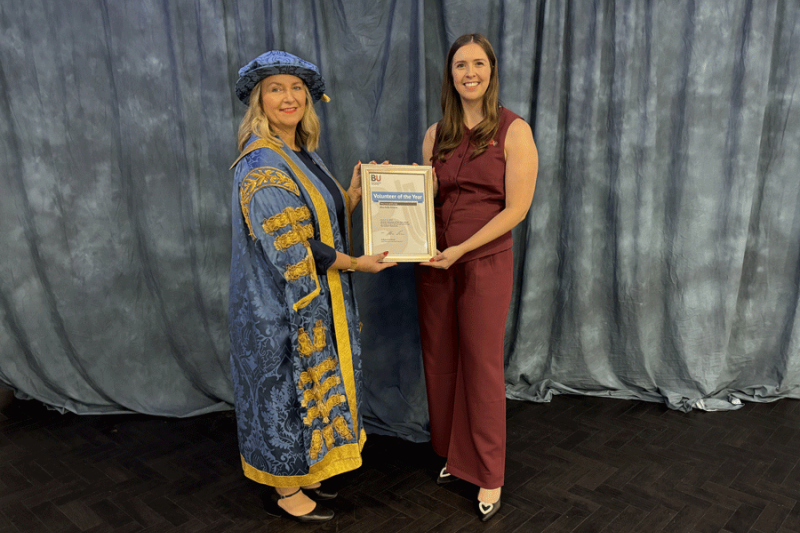‘Sustainable’ fishing is causing major environmental problems according to new research published by Bournemouth University.
While fishing to sustainable targets as aspired to by the UK, EU and many other countries, prevents year on year decline of fish stocks, it still requires ecological devastation in terms of fish numbers (a removal of up to 80% of the initial level) to reach a population capable of producing maximum sustainable yield.
Changes caused to the ecology of the ocean from ‘sustainable’ fishing can have far reaching effects, including limiting the potential for the ocean to absorb greenhouse gasses. Hence, poor fishing practices can exacerbate climate change.
The research, published in the journal Elementa: Science of the Anthropocene, also provides a solution to the problem of overfishing.
 Over-fishing
Over-fishingProfessor Rick Stafford, from the Department of Life and Environmental Sciences at Bournemouth University, says, “The key is to restrict offshore fishing. Generally, offshore fishing uses bigger boats, which can cause more environmental damage with their fishing techniques. Reducing, and maybe eventually eliminating, these boats will create big marine protected areas in the offshore Economic Exclusion Zones of countries and the high seas and allow fish stocks to grow again.”
The focus of fishing then falls on smaller-scale inshore (or artisanal) fishers, which often use less environmentally harmful techniques. They will also benefit from enhanced fish stocks as they ‘spill over’ from the protected offshore areas. While fewer fish would be caught overall, the local supply to coastal communities may increase. This would benefit many people who rely on fish, from struggling coastal economies in the UK through to ensuring protein from fish is readily available to these communities in the developing world.
Such a transition could be timely for the UK in post-Brexit negotiations, and especially beneficial for smaller fishing ports. However, there is a problem, which is the British palate.
Professor Stafford explains, “We don’t eat the fish we catch in the UK, and mainly rely on exports to France and Spain – for the maximum benefit of this approach, we need to change our tastes and eat more shellfish and flatfish. It’s a change which would hugely help the marine environment and coastal jobs and economy.”
The researchers also highlighted the need for more to be done to highlight the problem of over-fishing compared to, say, plastics in the ocean. The latter often gets more media coverage, but actually has less of an impact on the environment when compared to over-fishing.
Rick Stafford continued, “We all know the problems caused by ocean plastic on wildlife and the mess made to our coasts and beaches. To address the issue, many of us carry around refillable water bottles, coffee cups, try to avoid over packaged food, and may even participate in beach cleans, and these are important issues – but not necessarily the most immediate concerns when it comes to climate change and our oceans.”
In a new article in the journal Marine Policy, Rick and colleagues from University College London argue that this is environmental greenwashing, encouraged by large corporations and many governments, but ultimately distracting us from addressing the major environmental issues of climate change and biodiversity loss.
The actual environmental implications of plastic pollution are unknown, but many studies show little direct toxicity effect, and while plastic has been shown to result in death of seabirds, whales, fish and seals, there is little data on the population level effects of plastic on wildlife. This contrasts with the urgent need to address climate change and reduce biodiversity loss, which have been well established in recent international scientific reports.
Professor Stafford concluded, “In terms of reducing plastic pollution, there’s a huge emphasis on individual choices, such as refusing reusable coffee cups or plastic straws. There’s also a range of technological solutions, from the Ocean Cleanup project which is trying to ‘sieve’ plastic from the ocean directly, through to new plant-based plastic alternatives.
“These individual choices and technological ‘fixes’ are simply minor tweaks to a political and economic system which needs a major overhaul, and allow ‘business as usual’ to continue.
“We need to place environmental issues at the heart of our political and economic systems, and address overconsumption and overuse of natural resources as our number one priority – including over-fishing. Unless we do this, we can’t save the planet from plastics, biodiversity loss or climate change.”



